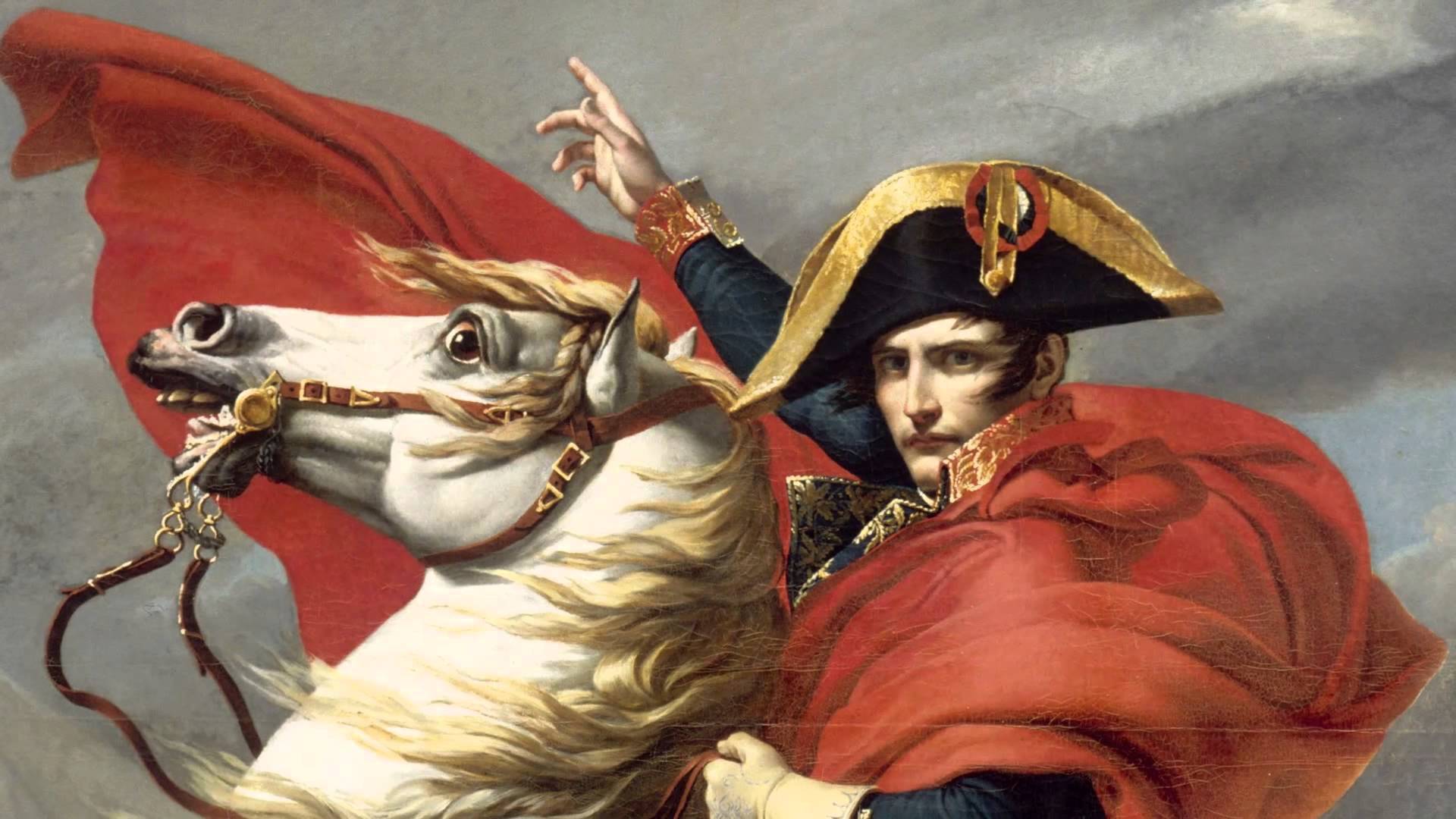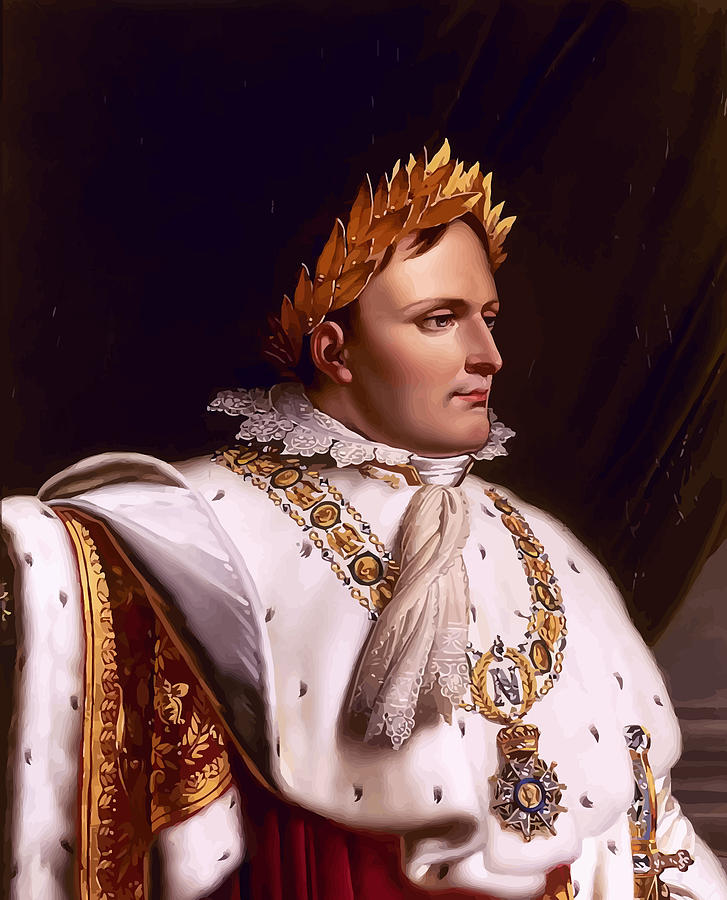
Sieyès totally underestimated the younger man in imagining that Bonaparte would tamely serve his purposes. Inside the Directory itself, Sieyès was determined to introduce a new system. The other was the Council of Elders, with 250 members. On October 23rd, the first day of Brumaire, Napoleon's elder brother, Lucien Bonaparte, was elected president of the Council of Five Hundred, one of the two assemblies set up under the 1795 constitution. There were fears of both a Jacobin resurgence and a royalist restoration, and Barras was rumoured to be planning to sell the country back to the Bourbons. The regime had lost control in much of the country, and there was virtual civil war in some areas. The government was bankrupt, while inflation, taxation and unemployment were soaring. The Directors were Paul Barras, a former lover of Josephine Bonaparte and a byword for cynicism and corruption the Abbé Sieyès, an industrious political theorist a general named Moulin Roger Ducos, a protégé of Barras and a lawyer called Gohier. The regime which Bonaparte was about to bring down was the Directory, a committee of five, which had been set up in 1795 after the fall of Robespierre. In Paris he had a furious row with his wife, Josephine, who had been enjoying a love-affair in his absence, but they made up, and he went about with studious modesty while speculation about his intentions grew feverish. His success in evading the British confirmed the growing belief in Napoleon's 'star'. The Corsican had returned from Egypt on October 9th.


The coup of 18/19 Brumaire in the Year VIII of the republican calendar is generally taken to mark the end of the French Revolution and the beginning of Napoleon Bonaparte's dictatorship.


 0 kommentar(er)
0 kommentar(er)
